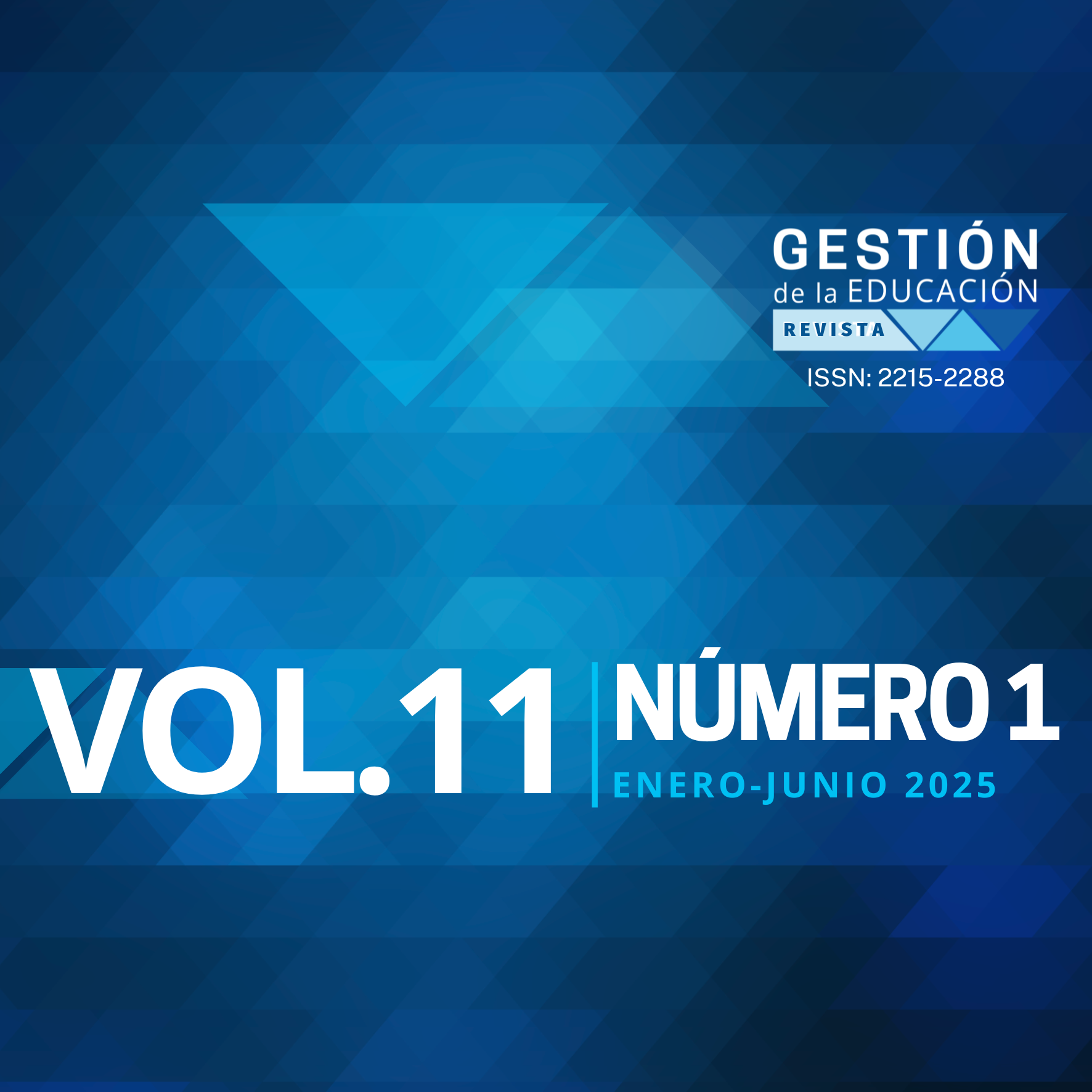Abstract
Educational systems have incorporated a diversity of processes and strategies to improve educational quality and one of these actions are certifications and accreditations that evaluate teaching-learning processes. Aim: this article aims to analyze the role played by certifications and accreditations assigned to higher education institutions, as a tool for transparency and accountability on the usage of economic resources that the government assigns to public higher education institutions. Methodology: this research is qualitative; the interpretive method and documentary research were used. Results: ISO (International Organization for Standardization) and specifically the specifications of the ISO 21001 standard and the ISO 21001:2018 standard which have indicators that show aspects of accountability. Conclusions: education, specifically, higher education, is considered a common good and a fundamental means to generate economic and social development in the country. For this reason, the existence of mechanisms to raise transparency and accountability of educational authorities is essential, so that the allocated resources are destined for the optimal training of professionals.
References
Anderson, J. A. (2005). La rendición de cuentas en la educación. UNESCO.
Baños, M. A. y Michelena, E. (2021). El proceso de acreditación de carreras. Revista Cubana de Educación Superior, 40(1). http://scielo.sld.cu/scielo.php?script=sci_arttext&pid=S0257-43142021000100012
Can, M. (2022). De la rendición de cuentas. Boletín informativo de la Vicepresidencia de Sector Gubernamental. Instituto Mexicano de Contadores Públicos. https://imcp.org.mx/wp-content/uploads/2022/05/Boletin_SG_5.pdf
Casassus, J. (1997). Estándares en educación: conceptos fundamentales. UNESCO.
Consejo Nacional para la Evaluación de programas de Ciencias Químicas, A. C. (CONAECQ). (2020). Beneficios de la certificación y acreditación en la educación. https://www.conaecq.org/por-que-acreditarse/beneficios-de-la-certificacion-y-acreditacion-en-la-educacion?form=MG0AV3
González, L. (2022). El financiamiento de la educación superior pública en México. Revista Jurídica Jalisciense, 3(5), 95-122. https://revistajuridicajalisciense.cucsh.udg.mx/index.php/RJJ/article/view/145
Instituto Politécnico Nacional (IPN). (2004). La acreditación de programas educativos en México y en el Instituto Politécnico Nacional. IPN.
ISO. (2018). ISO 21001:2018(es). https://www.iso.org/obp/ui/es/#iso:std:iso:21001:ed-1:v1:es
ISO. (2022). ISO: Global standards for trusted goods and services. https://www.iso.org/home.html
ISOTools. (2020). 11 principios de los SGOE según Norma ISO 21001:2018. https://www.isotools.us/2020/09/14/11-principios-de-los-sgoe-segun-norma-iso-210012018/
Martínez, A., Bracho, T. y Martínez, C. (2007). Los Consejos de Participación Social en la Educación y el Programa Escuelas de Calidad: ¿Mecanismos Sociales para la Rendición de Cuentas? Centro de Investigaciones y Estudios Superiores en Antropología Social.
Schmelkes, S. (2018). Capítulo 18. Definiciones de calidad de la educación en el Instituto Nacional para la Evaluación de la Educación. En El concepto de calidad: construcción, dimensiones y evaluación. Gaceta de la Política Nacional de Evaluación Educativa en México, (10), 18-22. https://www.inee.edu.mx/wp-content/uploads/2018/12/G10ES.pdf
Secretaría de Gobernación. (2021). Ley General de Educación Superior. Diario Oficial de la Federación. https://www.dof.gob.mx/nota_detalle.php?codigo=5616253&fecha=20/04/2021#gsc.tab=0
Universidad Autónoma de Coahuila. (2020). Recibe UAdeC Certificación del ICAI como Institución Promotora de la Transparencia. Oficina Virtual de Prensa. https://www.uadec.mx/ovp/
Universidad de Extremadura. (s.f.). Normalización y Certificación. https://www.unex.es/
Uvalle, R. (2016). Fundamentos políticos de la rendición de cuentas en México. Estudios Políticos, 38, 37-55. https://www.scielo.org.mx/pdf/ep/n38/0185-1616-ep-38-00037.pdf
##plugins.facebook.comentarios##

This work is licensed under a Creative Commons Attribution-NonCommercial-NoDerivatives 4.0 International License.



